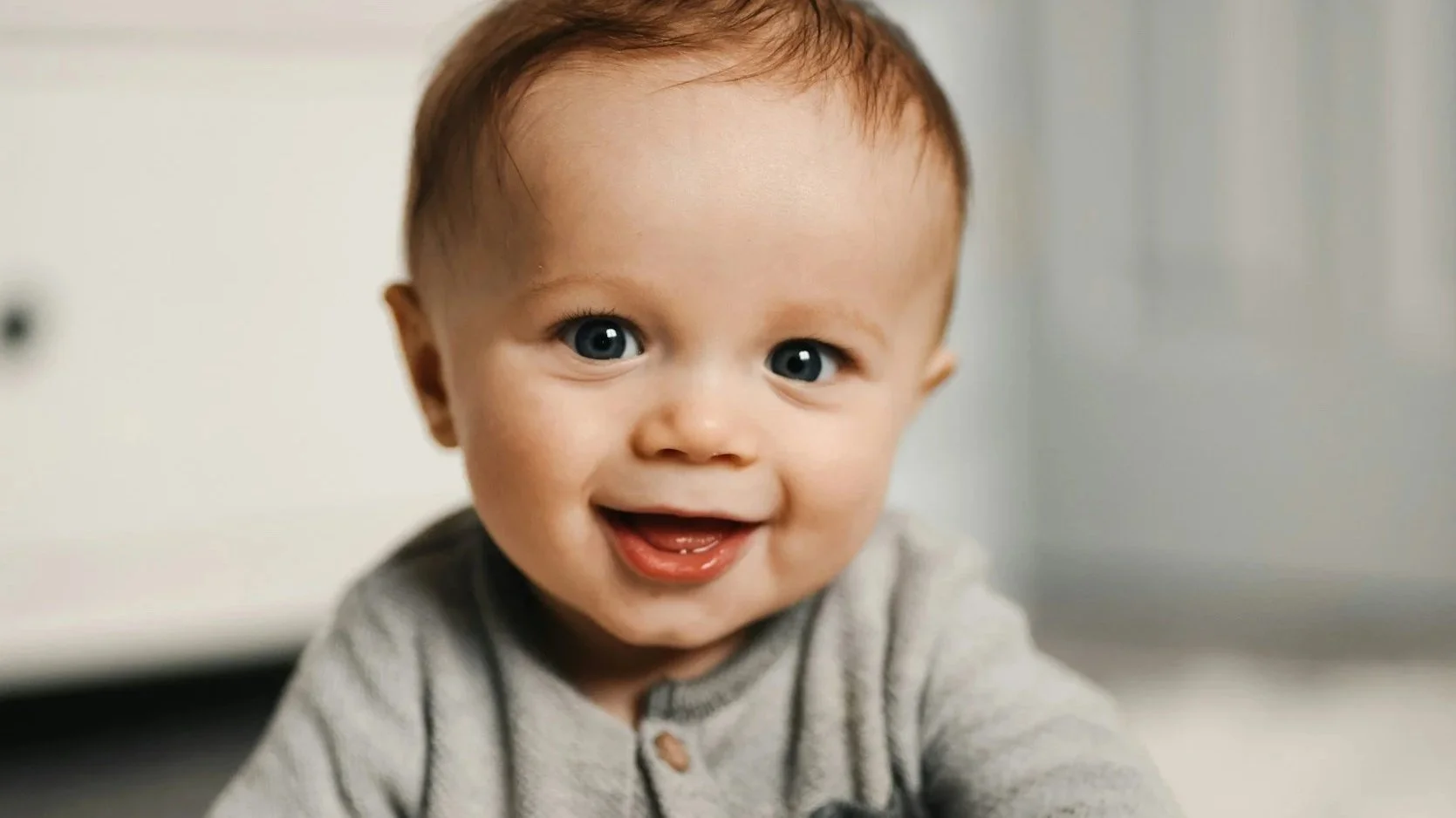Growing Brains Don’t Need Pressure… They Need Presence
“Is my child falling behind?”
Development isn’t a race, it’s wiring, pruning, connecting. And in those first thousand days, the best thing you can do isn’t to push harder. It’s to show up.
In Aotearoa, we talk a lot about developmental milestones… the walking, talking, climbing, and drawing that mark a child’s growth. But as neuroscientist-educator Nathan Wallis often says, these are guidelines, not deadlines. Your child isn’t behind, they’re just becoming themselves, at their own pace.
The science behind the moments
Every smile, babble, and game of peek-a-boo is a brain-building exercise. Harvard’s Center on the Developing Child calls this serve and return, when your baby “serves” you a sound or gesture and you “return” it with attention and words. These tiny exchanges sculpt neural architecture faster than any flashcard or app ever could. Wallis’ research highlights the first 1,000 days as the most influential period of life. Calm, responsive relationships lower stress hormones and build emotional regulation, the bedrock for learning later on.
What milestones really mean
Milestones are meant to observe, not compare. In New Zealand, Te Whāriki, our early childhood curriculum, focuses on dispositions (curiosity, resilience, empathy) rather than a checklist of skills. Teachers look for signs of progress through Learning Stories, which celebrate each child’s unique pathway instead of ranking them against others.
Typical ages… with plenty of flexibility
In the first year, babies learn that the world is safe. They smile, roll, babble, and watch your face for cues.
Around 12 months, they might start standing or using first words.
By two, many can run, combine words, and play pretend.
At three to five, they weave stories, form friendships, and take their first social leaps.
These patterns are common, not compulsory. As the Ministry of Health’s Well Child | Tamariki Ora programme reminds us, some tamariki are slow starters, others sprint ahead. What matters is progress over time and connection along the way.
When to ask for help
If your child suddenly loses skills, isn’t making eye contact, or isn’t using gestures or words by the ages expected, talk to your GP or nurse.
Early intervention works best when it’s gentle and timely, not alarmist.
Plunket offers a clear guide to children's developmental stages.
How to help at home
You don’t need flashcards or fancy toys. Just narrate your day. Let them help stir the spoon. Read books out loud. Sing the same song every night. Every word, touch, and glance becomes part of their brain’s scaffolding.
Nathan Wallis puts it simply: “Brains are built, not born.” And they’re built in the small, consistent moments of presence, not performance.
To wrap up…
The next time you catch yourself thinking, “Why isn’t my child doing that yet?”… pause.
Take a breath.
Look at the child in front of you, not the chart beside you.
You’ll both learn more that way.



